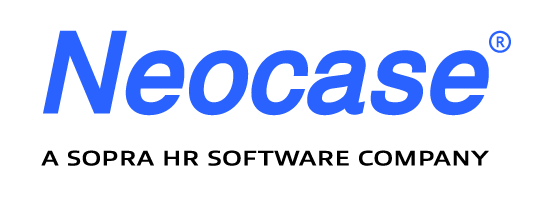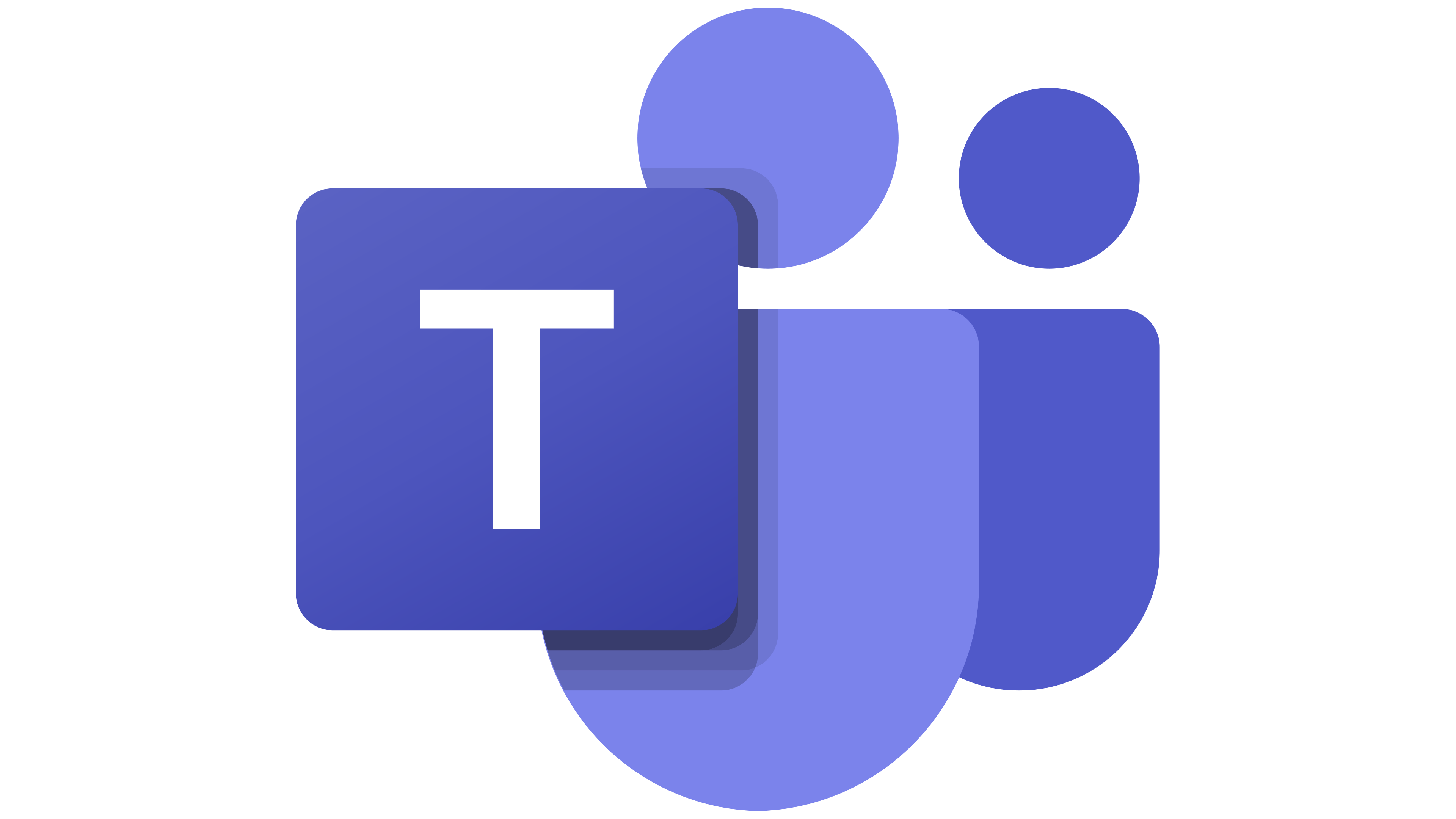Human resources professionals are seeing quicker societal changes than ever before. As the pace of technological evolution quickens, so too it seems does the pace of how human behavior evolves. For instance, the percentage of stay-at-home dads has increased fourfold since 1989 from 5% to 21%, as fathers becoming the main child-rearing influence has become more acceptable (from Merrill Lynch Advisor Magazine Fall 2015).
From life changes such as marriage, divorce, retirement, and children, to work-related changes like promotions and raises – these are all life changes that need to be addressed by HR professionals. Thankfully they can turn to Knowledge Base functionality as part of HR Shared Services to capture these life changes and deliver the right services to employees as their lives progress.
An updated knowledge base helps HR professionals deliver personalized human resources services and information to the employees of their organization. Keeping HR departments apprised of any life changes is important for the delivery of current information to employees through Personalized Portals – as well as keeping critical benefits up-to-date such as health care coverage. This HR information highway is a two-way process – and each side needs to do its part to ensure that data and content are current for the benefit (and benefits) of all.
Another benefit to take into account is the financial assistance services offered by an employer. Many firms offer their employees 401K or other financial programs often with some percentage of employer contribution. These plans offer a pre-tax workplace savings plan – generally targeted for retirement – but funds can be made available earlier if needs arise. Any withdrawals will be taxed as ordinary income however – so the idea is to invest pre-tax – grow that investment; and then when withdrawals are taxed – it’s out of a nice big ‘nest-egg.’
A big part of the responsibilities of a company’s human resources professionals is to ensure the ongoing success of the firm’s employees. What is called ‘retention’ in the industry is really all about providing quality customer service throughout the lifecycle of an employee’s tenure with the firm. But the communication between employer – and employee – needs to be reciprocal to be the most beneficial. A company should strive to have open communications with its people – and employees should keep the company apprised of relevant life changes – so all may be served in the best possible way.

 Microsoft Teams
Microsoft Teams
 Workday
Workday